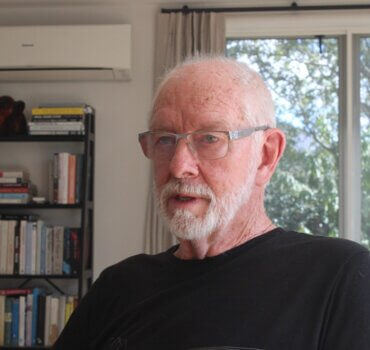
Peter Nicholl
On July 12 the Reserve Bank’s Monetary Policy Committee agreed to leave the Official Cash Rate unchanged at 5.5 per cent.
For the second time in a row, I think they got their decision right. There are plenty of signs that the current levels of interest rates are dampening spending and inflation pressures.
There are also further interest rate increases for many mortgage holders still to work their way through the financial system from the previous rises in the Official Cash Rate. Monetary policy always works with a significant lag so the Reserve Bank is correct to pause and wait to see the full impact of its earlier interest rate rises.
Some commentators thought the Reserve Bank may need to go back to raising the Official Cash Rate again later this year. I doubt that. Global inflation is easing in most countries – except the United Kingdom. In New Zealand, the signs of economic weakness are increasing. The Reserve Bank needs to be careful not to overdo the monetary policy pressure as this would introduce economic instability rather than stability.
The Monetary Policy Committee at its July 12 meeting did not talk about raising the Official Cash Rate further. That’s good. But it did say the Official Cash Rate ‘will need to remain at a restrictive level for the foreseeable future’. How long is the Reserve Bank’s foreseeable future? It seems to be the end of next year. The Reserve Bank described the current level of interest rates as restrictive but they are only restrictive because they have come from such a low level. It is the sharp change in interest rates that has caused the economic pressure.
When I was in the Reserve Bank, we regarded an official interest rate that was a little below the rate of inflation as neutral or even easy rather than restrictive. What the Reserve Bank, and all other central banks, have to avoid is taking interest rates back down to the ridiculously low levels of a few years back. It is this period of extremely low interest rates that have generated most of the economic problems we have experienced in the last few years.
For the first time in several years, people who save by depositing in a bank are getting a reasonable rate of return. They are the ones that central banks’ low interest rate policies penalised. Many Central Banks, including the Reserve Bank, seem to regard their experiment with ultra-low interest rates to have been a success which means they could repeat it. I think it was a disaster and we are still living with the economic and social consequences of the creation of so much cheap money.
The committee also said it was ‘confident that inflation will return to within its target range of 1-3 per cent’. According to the Reserve Bank’s forecasts, this should happen late next year. If it does, the inflation rate will have been above the Reserve Bank’s target range for just over four years and the price level will have risen by almost 25 per cent over that period.
Getting the inflation rate back to the target range doesn’t bring the price level down again. These price rises are a permanent cost of the lax monetary policies of the low interest rate years.









